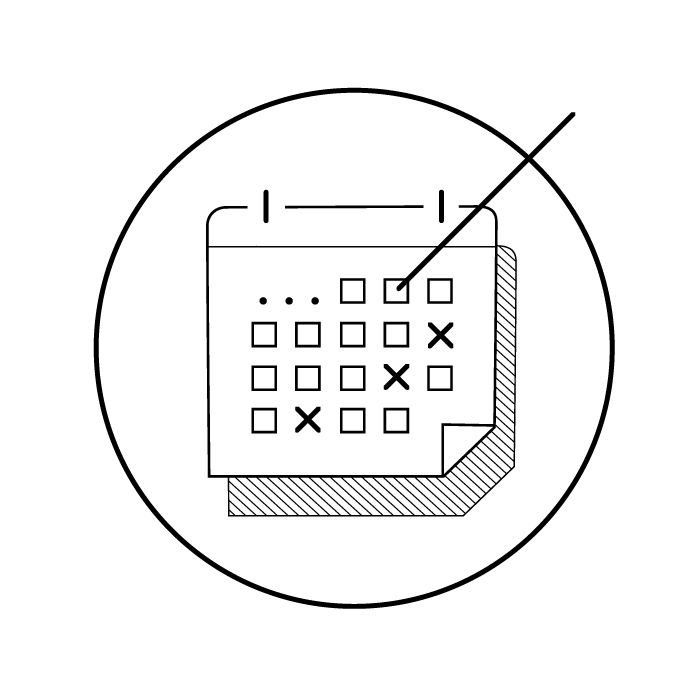 Conference
Conference
Dreams of Germany
Music and (Trans)national Imaginaries in the Modern Era
Conference
5–7 February 2015
Keynote speakers: Celia Applegate (Vanderbilt); Berthold Hoeckner (Chicago)
Conveners: Andreas Gestrich (GHIL); Neil Gregor (Southampton); Tom Irvine (Southampton)
Venue: German Historical Institute London
A little over a decade ago Celia Applegate and Pamela Potter’s groundbreaking collection of essays on ‘Music and German National Identity’ sought to map both the historical terrain on which the notion of Germans as ‘the people of music’ was constituted and an intellectual terrain on which that trope might be fruitfully historicised. Their emblematic introduction registered both the constructed nature of the central proposition – an idea called forth by writers, critics, pedagogues and philosophers, cemented in literary genres such as journals, catalogues, and critical editions, institutionalized in university departments, conservatoires and concert associations, and monumentalized in statues and commemorative culture – and, at the same time, its longevity, its power, and its capacity to transcend the specific politics of time and place. Animated by a critical spirit which drew not least on the then guiding inspiration of Benedict Anderson, it placed music at the centre of an ongoing process of imagining national community throughout the nineteenth and twentieth century. In doing so, it simultaneously recognised the real effects this invented tradition had on the wider culture of which it was part and cautioned against overemphasizing its historical importance in retrospect.
In the intervening decade, inspired not least by the questions Applegate and Potter raised, a significant volume of work has been undertaken which explores further the promise and the limits of thinking about musical cultures in Germany within that national frame. Significant new approaches have emerged within the discipline, which permit the exploration of those same questions from different perspectives. Our understanding of identity politics has moved further beyond the consideration of ideology as inscribed in literary or material culture, and more in the direction of exploring the emotional and the visceral qualities of German, as well as other, subjectivities, and seeks to understand better the imaginaries which lie anterior to discourse; our habits of thinking ‘nationally’ about the histories we seek to explore have been challenged by the turn towards transnational histories; at the same time, a considerable amount of work has been done on the many regional varieties of national thinking and feeling, emphasizing the existence of multiple, sometimes competing but often co-existing, cultural imaginaries.
In this conference, we seek to revisit the questions asked by Applegate and Potter, take stock of the scholarly literature as it now stands, and explore the problem space further in the light of approaches which have emerged in the meantime. In taking the modern era, broadly understood, as the time-frame we not only wish to acknowledge the modern qualities of national thinking and feeling, but also to explore the ways in which particularly modern economic, social and political frames – institutional exchanges, cultural diplomacy, tourism, international study visits, experiences of exile – have served to co-constitute national imaginaries from outside, and thus to insert an overtly transnational aspect to the account. In working with the rubric of ‘dreams’, meanwhile, we seek to acknowledge both the visceral qualities of a set of imaginaries that cannot be reduced to a corresponding set of politics, but work as often as not independently of them, and also the presence of a recognizably German set of histories for which the vocabulary of dreams – of fantasies, projections, recollections, nightmares – provides an equally recognizable metaphorical language.
Call for papers (PDF file)
Conference programme (PDF file)
Conference report (PDF file), published in: GHIL Bulletin 37 (2015), Vol 2